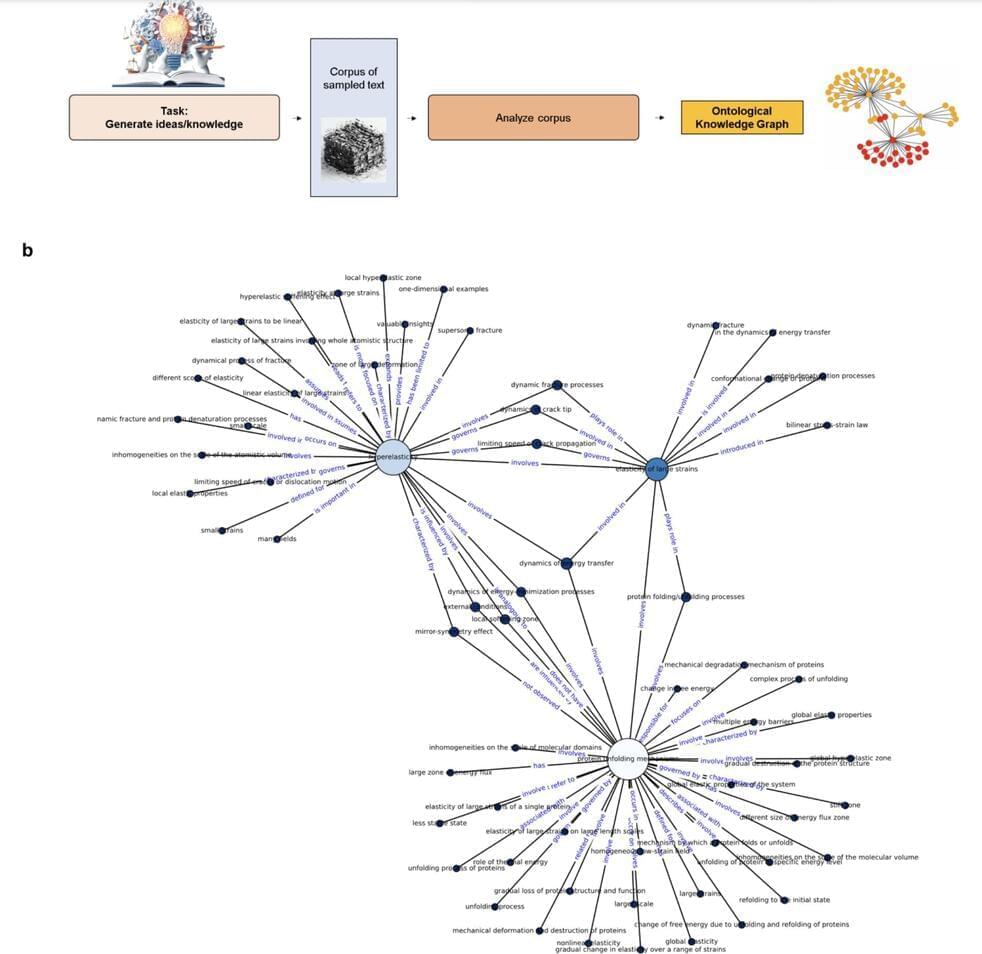Researchers confront a formidable challenge within the expansive domain of materials science—efficiently distilling essential insights from densely packed scientific texts. This intricate dance involves navigating complex content and generating coherent question-answer pairs that encapsulate the core of the material. The complexity lies in the substantial task of extracting pivotal information from the dense fabric of scientific texts, requiring researchers to craft meaningful question-answer pairs that capture the essence of the material.
Current methodologies within this domain often lean on general-purpose language models for information extraction. However, these approaches need help with text refinement and the accurate incorporation of equations. In response, a team of MIT researchers introduced MechGPT, a novel model grounded in a pretrained language model. This innovative approach employs a two-step process, utilizing a general-purpose language model to formulate insightful question-answer pairs. Beyond mere extraction, MechGPT enhances the clarity of key facts.
The journey of MechGPT commences with a meticulous training process implemented in PyTorch within the Hugging Face ecosystem. Based on the Llama 2 transformer architecture, the model flaunts 40 transformer layers and leverages rotary positional embedding to facilitate extended context lengths. Employing a paged 32-bit AdamW optimizer, the training process attains a commendable loss of approximately 0.05. The researchers introduce Low-Rank Adaptation (LoRA) during fine-tuning to augment the model’s capabilities. This involves integrating additional trainable layers while freezing the original pretrained model, preventing the model from erasing its initial knowledge base. The result is heightened memory efficiency and accelerated training throughput.
